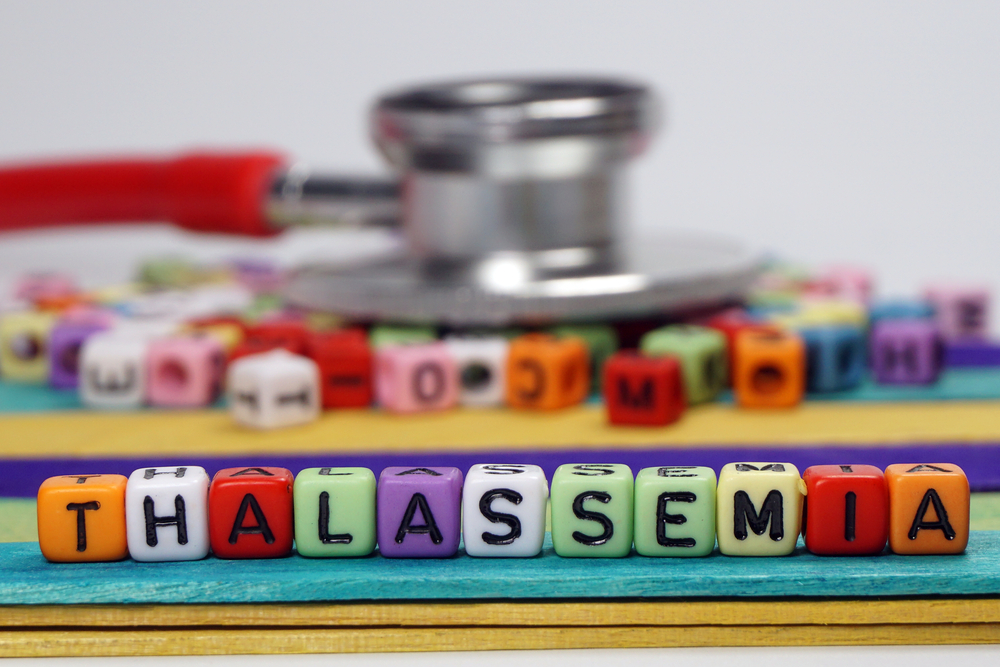Coexisting Gaucher and Thalassemia May Complicate Diagnosis, Case Study Suggests
Written by |

Thalassemia — a condition caused by a lack of hemoglobin in red blood cells — might be present in patients with Gaucher disease, making a diagnosis difficult, a case study suggests.
The two conditions may also give rise to similar features, further complicating a diagnostic workup, said researchers from Kasturba Medical College at Manipal University in India.
Their study, “Thalassaemia Trait with Gaucher Disease: A Diagnostic Dilemma,” describes the case of a one-and-a-half-year-old child that was brought to a physician with weakness, a failure to thrive, delayed development, and a distended belly. The study was published in the Journal of Clinical and Diagnostic Research.
Doctors soon realized that the boy’s abdominal distention was caused by a massively enlarged spleen and liver. A blood test showed that he had anemia and a lack of platelets. The clinical team therefore examined hemoglobin types in the child’s blood.
Hemoglobin is a protein that transports oxygen in red blood cells. Increased levels of one of the hemoglobin types suggested that the boy had thalassemia trait.
Thalassemia is a genetically inherited condition that gives rise to abnormal forms of hemoglobin. Some people carry a mutation that causes only minor symptoms. This is called thalassemia trait and is usually discovered when doctors examine patients for other reasons.
As they continued to examine the child, doctors found cells typical of Gaucher disease in both the bone marrow and liver. The spleen was also full of such cells, which made the team suspect the boy had simultaneous Gaucher disease and thalassemia trait.
The child had his spleen removed, and he has not experienced additional symptoms since.
An enlarged spleen, with resulting low numbers of blood cells, including platelets, may be seen in both Gaucher and thalassemia, the research team pointed out. These similarities may make it important to consider that both conditions may be present when examining a patient.
A correct diagnosis is important, since the genetic mutations linked to both diseases may warrant genetic counseling. Moreover, the treatment of the two conditions differs, doctors said. An accurate diagnosis is, therefore, crucial to ensure the correct management of a patient’s condition.
The co-occurrence of Gaucher disease and thalassemia is rare, and the team did not find earlier published descriptions of such patients.



